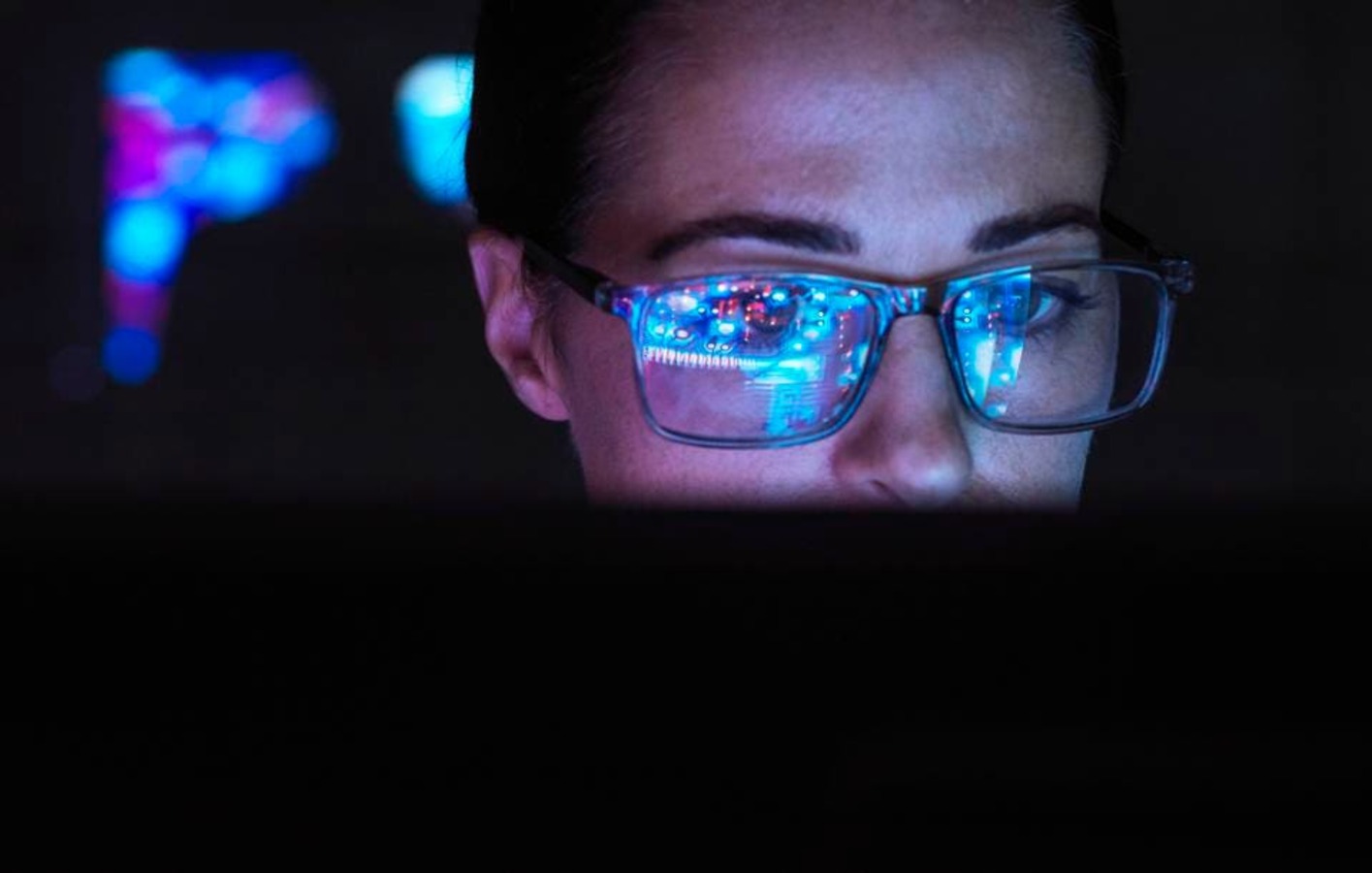The Role Of AI In Influencer Marketing

Nothing has had marketers and creatives on their toes in the past few years like the rise of AI. With the introduction of ChatGPT at the end of 2022, there was an underlying fear of human creativity being replaced. That fear has since become obsolete. While AI may be a great help in streamlining and supporting creative processes, it is not (yet) capable of reproducing human tone and creativity completely. So, the notion of AI replacing our jobs hasn't immediately held up. However, leveraging AI successfully is a skill that is now highly sought after.
Threat Or Opportunity?
Instead of viewing generative AI as a potential threat, embracing the strengths (and weaknesses) of the technology can make marketing processes more efficient, effectively freeing up more time for creativity. AI has become an integral part of many businesses when it comes to processing large amounts of data to gain insights into consumer behavior and trends. These same insights can be adapted and used to inform influencer marketing strategies and their execution in multiple ways. Our influencer marketing agency has been using AI since 2019, and it has added a whole new dimension to our work and creative processes.
Opportunity: Content Creation Becomes Easier
With the right input, AI can create highly engaging and personalized content for brands and influencers alike. There are a number of different AI tools available that can create audio, images or even video, let alone written content. AI can also be used to analyze existing content and identify possible content gaps or suggest niches or topics for content creation.
Opportunity: Finding the Right Audience and Influencer
AI tools can analyze audiences on a much deeper level, in a fraction of the time, than humans can to understand the core interests and behaviors of their customers. These tools can analyze large datasets and segment them to very specific parameters, enabling marketers to spot new trends and more easily find the right influencers for a brand or campaign and track their performance.
Choosing the right influencers isn’t just a Venn diagram of interests but about protecting brand image, as well. Use AI to help evaluate an influencer’s alignment with your brand’s values and mission to ensure they are the right fit for a campaign.
At our agency, we use a data-led approach, leveraging software and AI for quantitative reviews of influencer accounts and their audiences. This enables us to forecast success. The quantitative side is only one part of the equation though, and it is really our star team who finds and sparks trends.
Opportunity: Campaign Optimization and Real-Time Adjustments
One of the areas that can be improved the most with the help of AI in influencer marketing is campaign monitoring and optimization. Marketers can use AI systems to track any number of metrics, such as engagement or conversion rates, throughout their campaigns. This enables them to monitor the campaign’s performance and make fast, real-time adjustments to their content, targeting options or even the influencers themselves to optimize their reach and impact.
Incorporating AI into these processes allows for more agility when it comes to adjusting campaigns and contributes to higher ROI by keeping costs lower and allocating budgets more efficiently.
We have found the best practice is to adjust all of our campaigns in real time, as we are committed to delivering 24/7 service to our clients. The agency approach of the past—taking weeks for turnarounds—is outdated. A TikTok video wins or loses within minutes and hours, not days and weeks. The same goes for any new trend.
Threat: Ethical Considerations and Transparency
Not all concerns are unfounded when it comes to these new tools. With the ever-increasing accuracy to which AI models can replicate and imitate human interactions and written and visual content, considering their ethical soundness and transparency have become very important.
Marketers need to not only stay on top of community regulations and user privacy and data protection laws, but they also need to be willing to use AI tools responsibly. There is a fine line between personalization and privacy.
In addition to that, staying transparent about the use of AI when it comes to the creation or modification of content is key to building and maintaining trust with audiences and consumers. That means communicating the ways data is being used and to what extent content is created by or with the help of AI. At the end of the day, it is trust that can make or break successful influencer marketing campaigns, AI or no AI.
Despite initial fears, AI has proven itself to be an invaluable addition to influencer marketing strategies. Instead of hampering creativity, it has given marketers more space to concentrate on strategies and innovative content by taking over data analysis and trend forecasting tasks. It turns out that AI and human creativity complement each other, and the symbioses can lead to more impactful and strategically sound campaigns.
Moving forward, whether or not brands and marketers can successfully integrate AI into their influencer marketing strategies will depend on their ability to balance the new technologies with ethical considerations and the willingness for transparency and authenticity. If they can find that balance, AI can truly empower marketers and creatives in making their work more efficient and data-driven but also a lot more engaging and innovative at this intersection of technology and human creativity.
